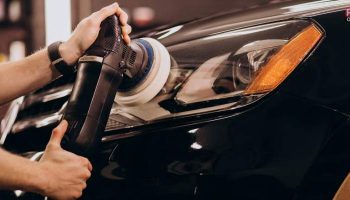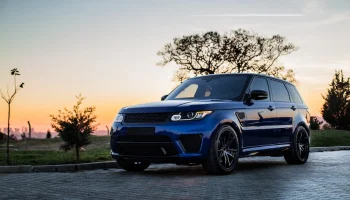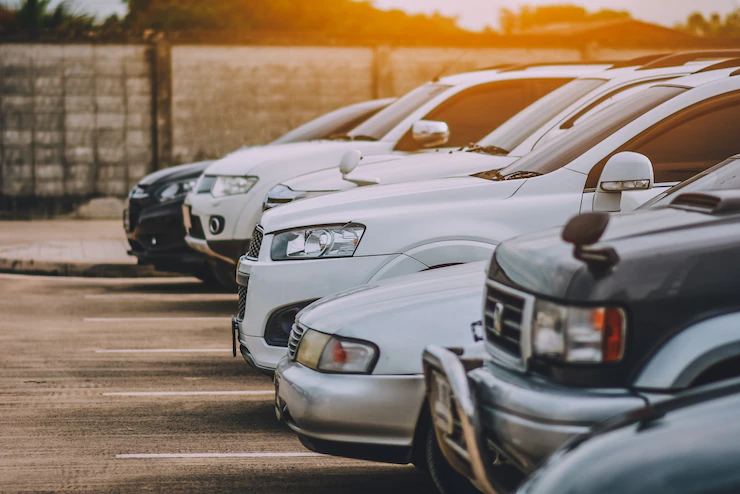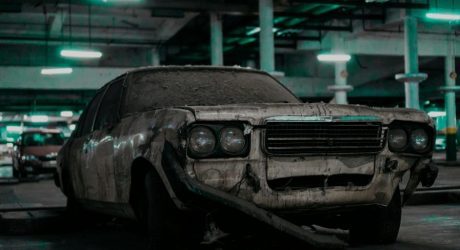Starting a car collection is a very serious project, and if your plan is not only to collect cars but to make money out of your collection, you will need to plan your first purchases very wisely.
There may also be details about car collecting that you are not aware of. You may not know about some of the tax implications and regulations surrounding the purchase and sale of antique vehicles, for instance, or you may overlook some of the risks that come with car collecting.
In this article, we’re going to tell you a few things that you should know and understand before you become a car collector.

1. What Kind of Car Collector do You Want to be?
You can go out and start buying random vehicles, but you should also consider niching down and specializing your collection. This is especially important if you want to actively sell vehicles. Specializing your collection will give you more credibility and make you a de facto authority on the type of vehicle you want to sell.
So, look at the type of vehicles you like and know of, and start looking at niche options. You could buy vehicles from a specific era and brand, for instance. You even have collectors who collect one model only but across different eras. People like Magnus Walker, for instance, have become huge in the car collector world because of his massive Porsche 911 collection.
Other collectors like Mike Savage have built a name for themselves by collecting and specializing in muscle cars specifically. If you type Mike Savage New Canaan into a search engine, the first results will be links to his collection or muscle car-related content, and this allows him to attract a large portion of the people looking for muscle cars in the area. This is one of the examples of how powerful niching down can be.
Being specialized can not only bring notoriety, but it can give you exclusive access too. You might have brands or other collectors coming to you to sell their cars because they respect you and want you to have their cars in their collection. So, consider all the perks of specializing your collection, and see which niche would be the most interesting and/or lucrative for you.
2. Where Are You Going to Store Your Collection?
You also have to think about where you’re going to store your cars. Unless you have tons of free space and are willing to build installations on-site to store your vehicles, you probably want to look into a specialized facility or warehouse.
One of the many benefits of going for this type of facility is that they’re going to handle the security for you and take away some of the risks that come with having millions of dollars worth of cars on your property. You also won’t have as much of a headache trying to figure out all the different types of insurance that you’ll need to cover your vehicles.
So, start looking at different warehouses around your city and make sure that you pick one that’s not that far from where you live for convenience.
3. What Are the Trends in Your Region?
Not all types of cars are as popular everywhere. Taste in cars and car culture can differ greatly from state to state and from city to city. So, if you want to be able to sell vehicles and get attention for your collection, it would be a good idea to first research what people in your area are into to inform your purchasing decisions.

4. Are You Ready to Network?
No collector is an island, and you cannot expect to be a successful car collector if you don’t know how to network. Collectors tend to be very sentimental with their cars and will again want to sell their vehicles to people they know and respect usually. The more friends you make in this business, the more great finds you’ll be able to get. You’ll also get access to much better prices.
This is why it would be a good idea to join as many collector’s clubs as you can in your area. Not only will this allow you to build a network, but you’ll be able to draw from the knowledge of experienced collectors. They may be able to provide technical advice, for instance, or some tips on how to avoid certain pitfalls. They may also point you toward specialists and great sources for rare spare parts, among other things.
Another thing you should do is start going to local racetracks and attending events. These are great places to start making friends and networking, especially if you sell high-performance vehicles.
5. Do You Want to Collect Vehicles Only?
Know that you don’t have to stick to buying vehicles only. If you want to make as much money from your collection as possible, you should look at what’s going on with memorabilia for the types of vehicles you’re selling as well. There is a lot of money to be made on that side, and if you’ve built a specialized collection, you may be able to sell some of your items along with your vehicles.
Someone may visit your warehouse to buy a specific car, for instance, and notice a piece of memorabilia that they like. This could allow you to make an upsell, or you may offer to throw the piece of memorabilia in to sweeten the deal for them. Conversely, someone may spot a piece of memorabilia that you have up for sale and build interest in your collection as a result. So, don’t underestimate the power of memorabilia and diversifying your collection.
6. Are You Willing to Do the Work?
If you’re going to be buying old cars, you have to be ready for all the work that comes with them. You also have to know who’s going to be doing most of the work.
You can always have someone on your payroll for that, but you can expect to spend a lot of money if you have everything done by a third party, especially when talking about vintage cars. So, you may want to look at whether you would be willing to at least learn the basics of car repair before you get started.
These are all things that you will need to have down before you start collecting vehicles. Try to learn as much as you can about the challenges that come with being a collector and try to speak with a few collectors before you start so you can build your collection on a solid foundation.

Additionals:




























